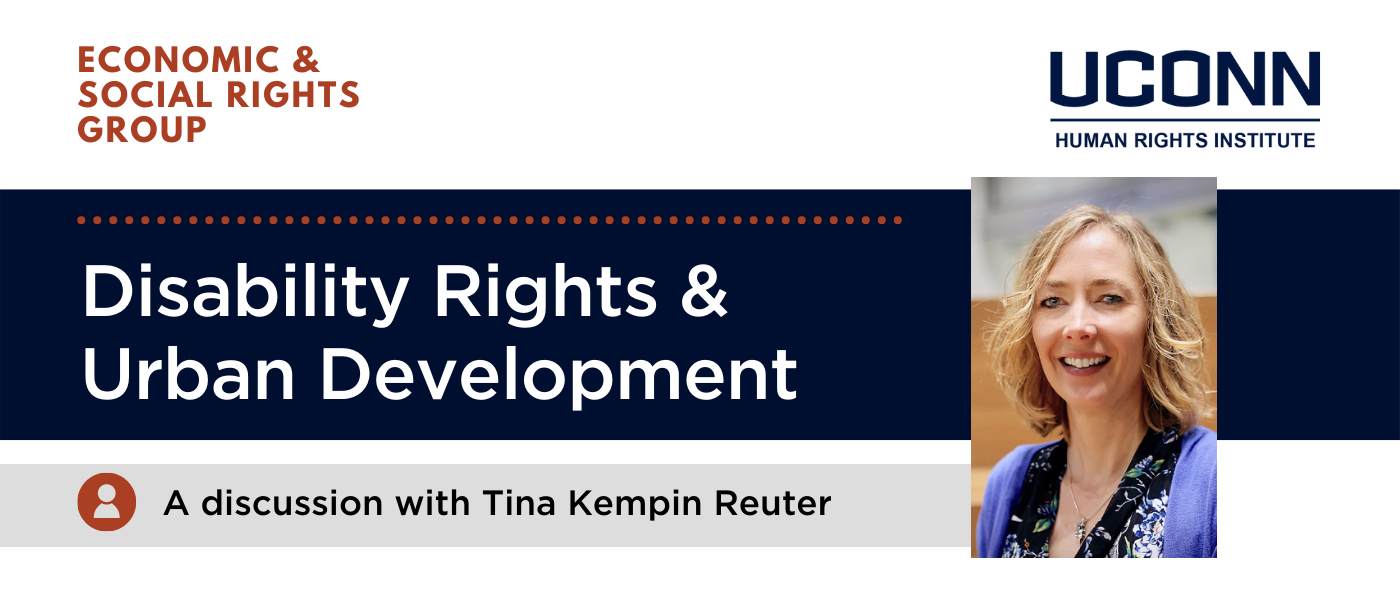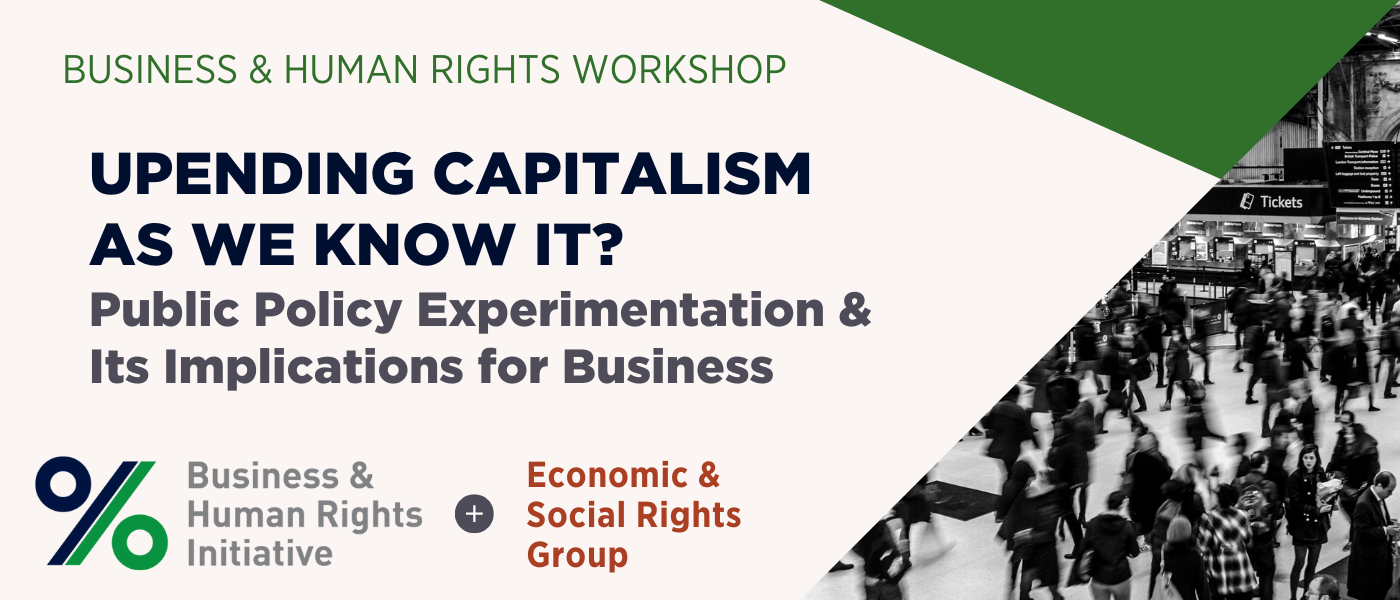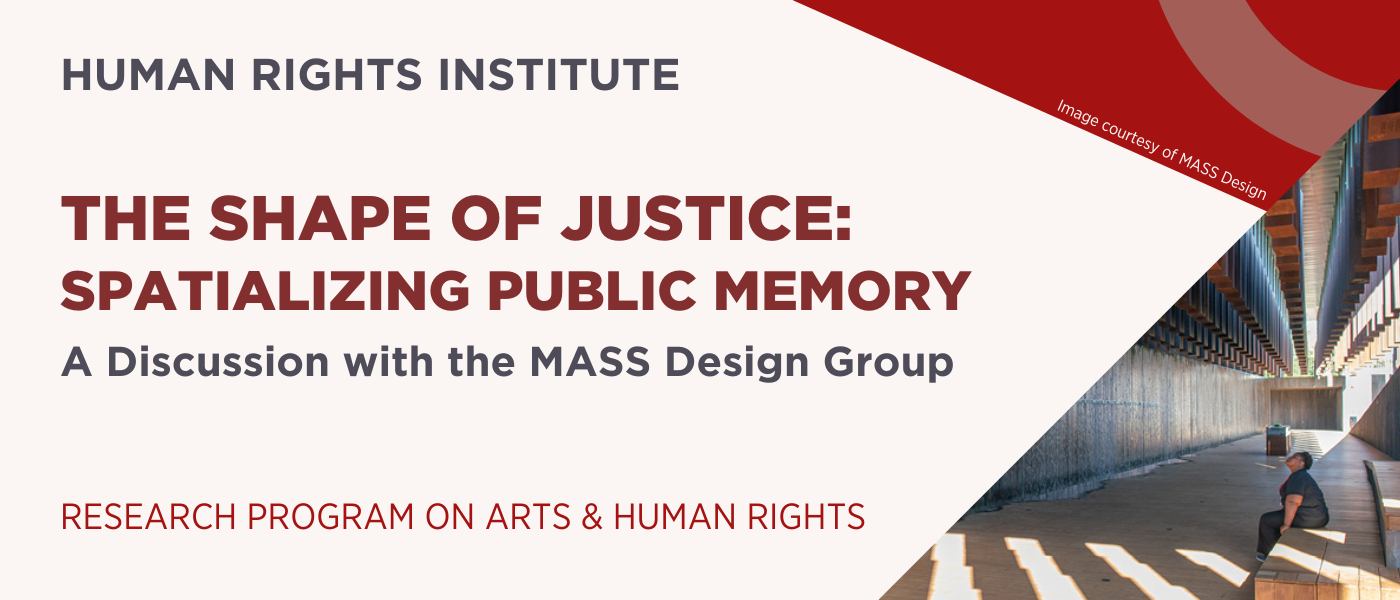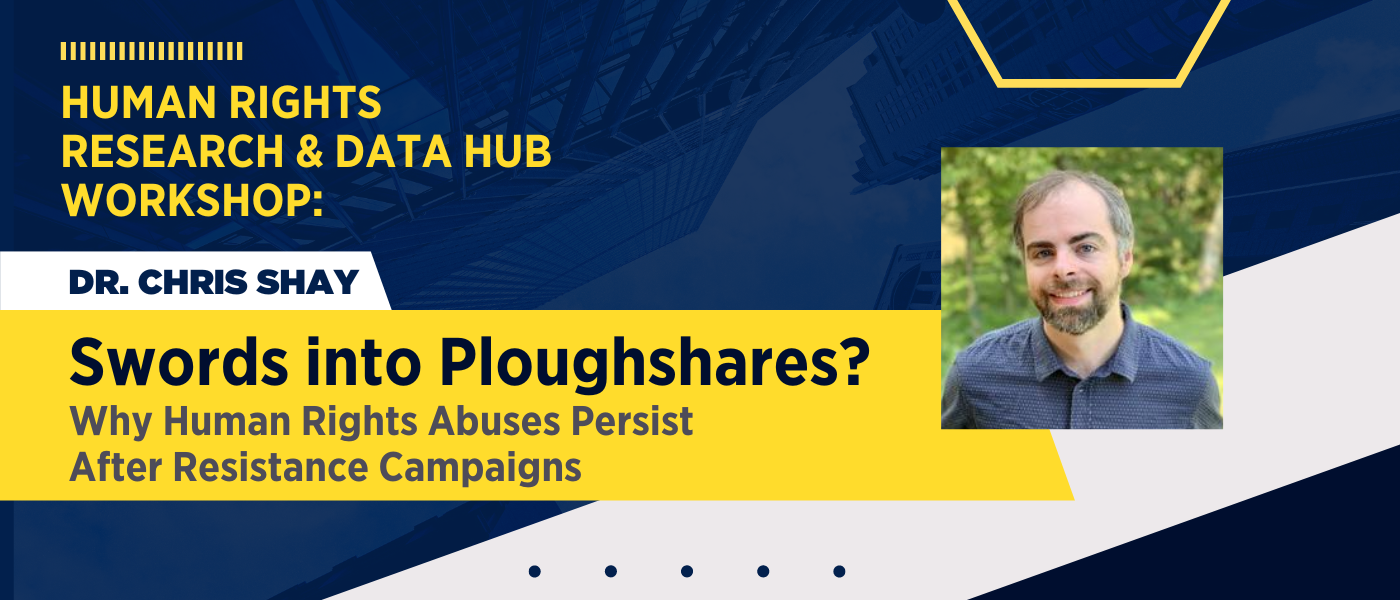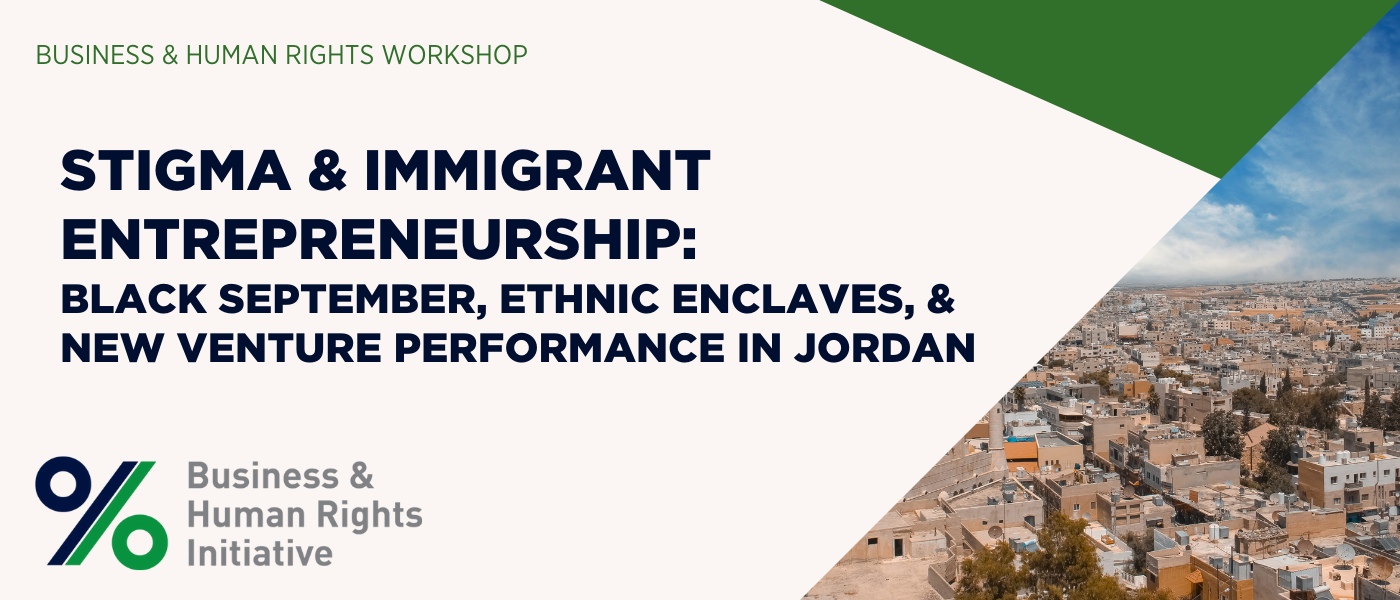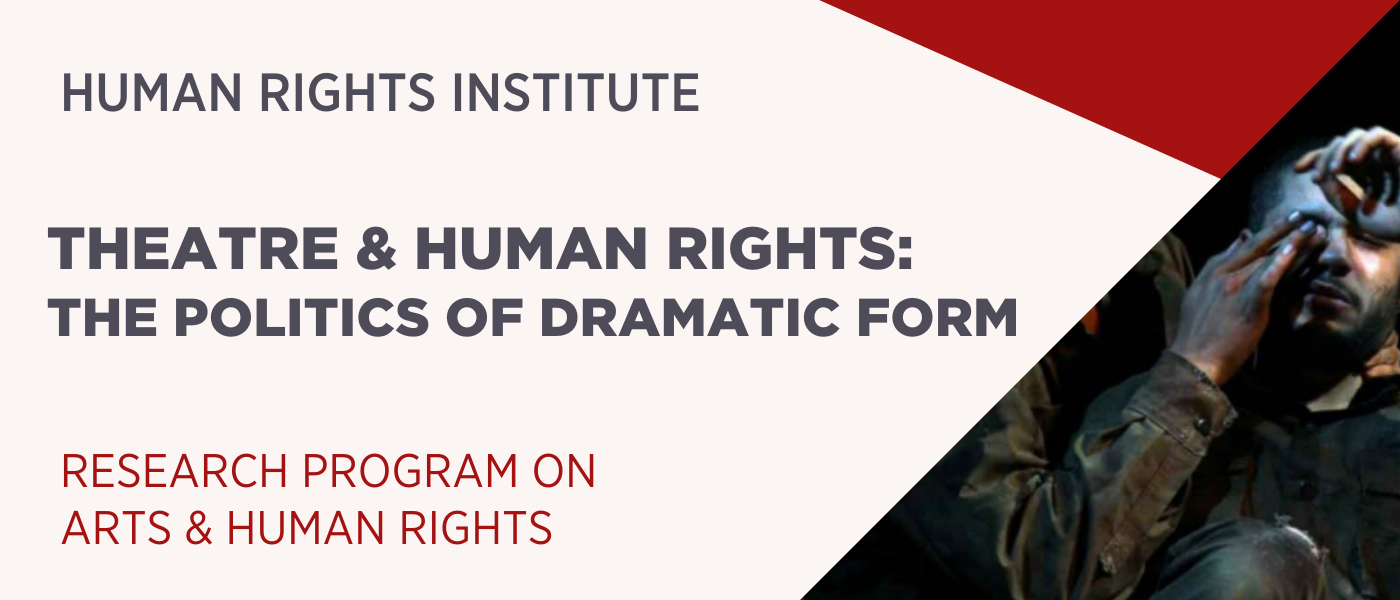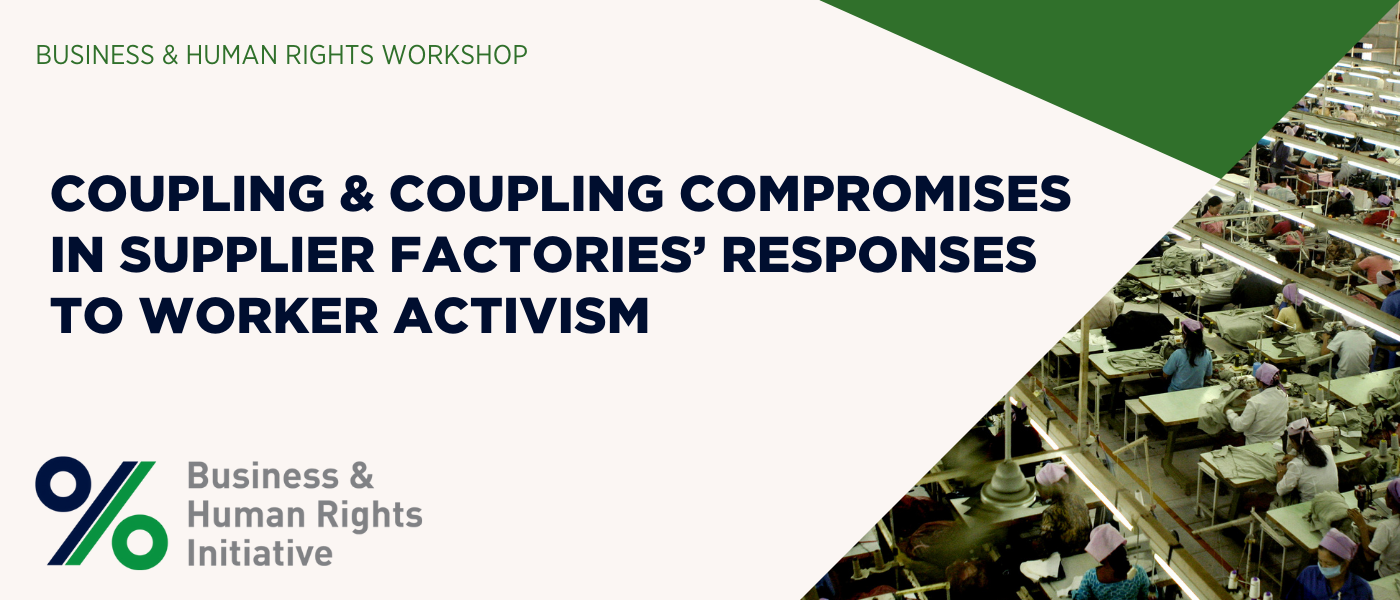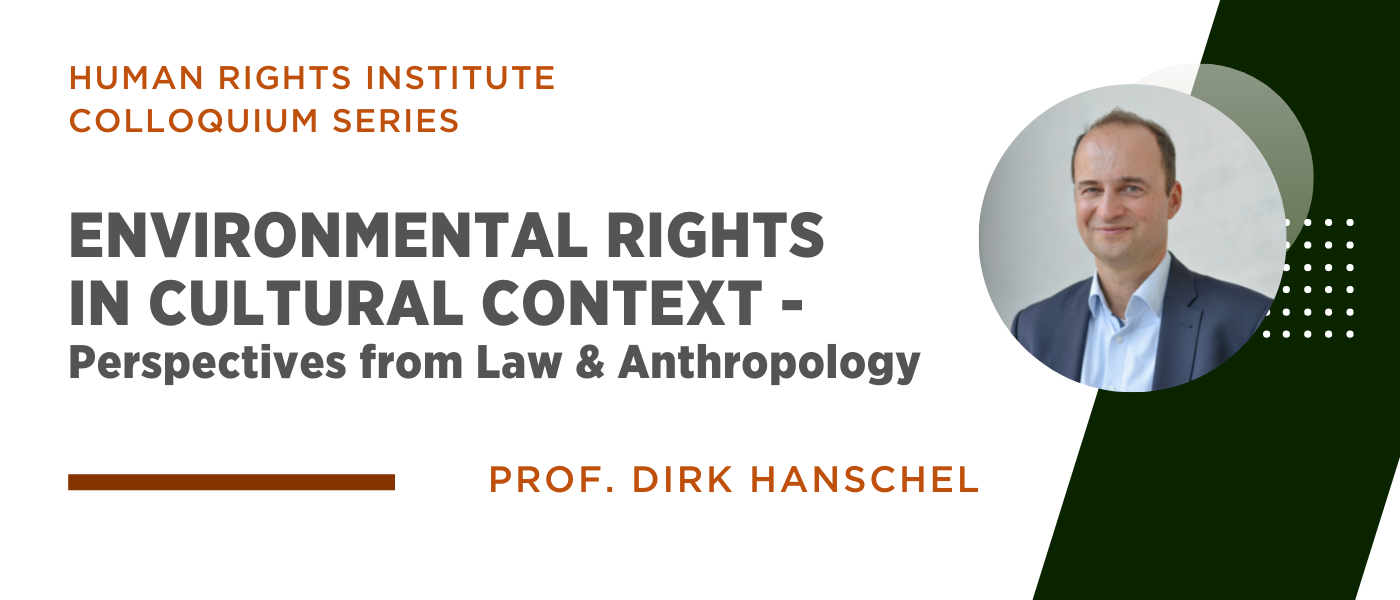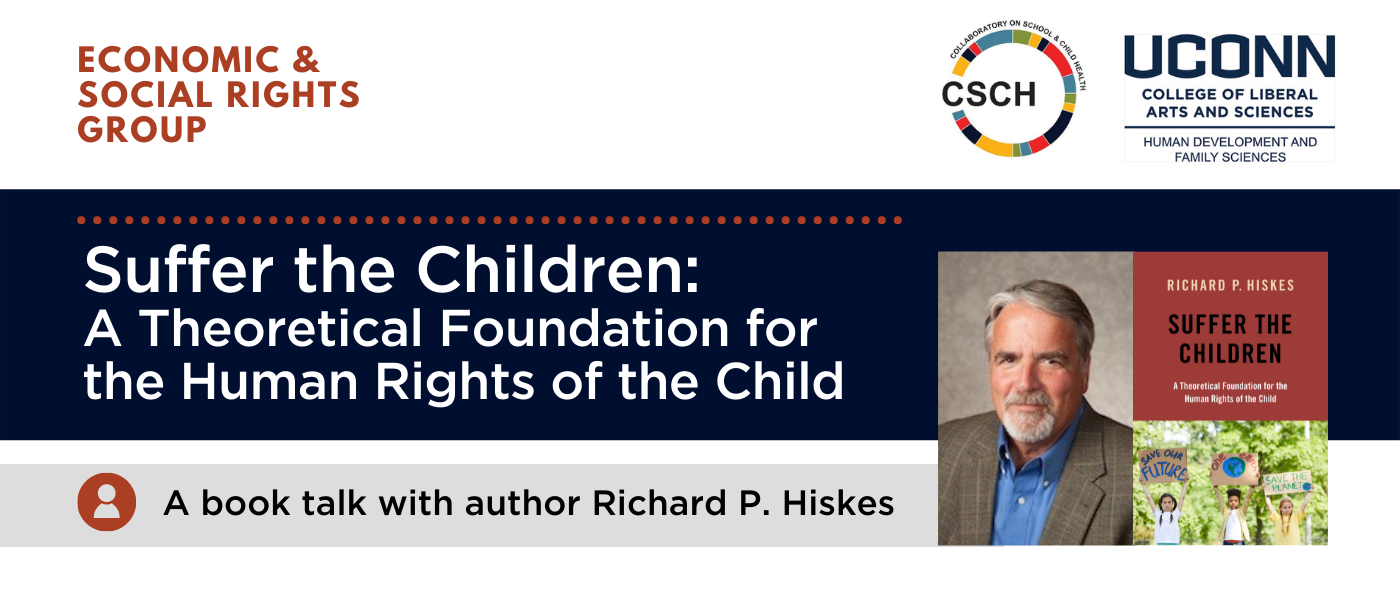Wednesday, November 9, 2022
3:00 pm - 5:00 pm
Dodd Center for Human Rights - Room 162
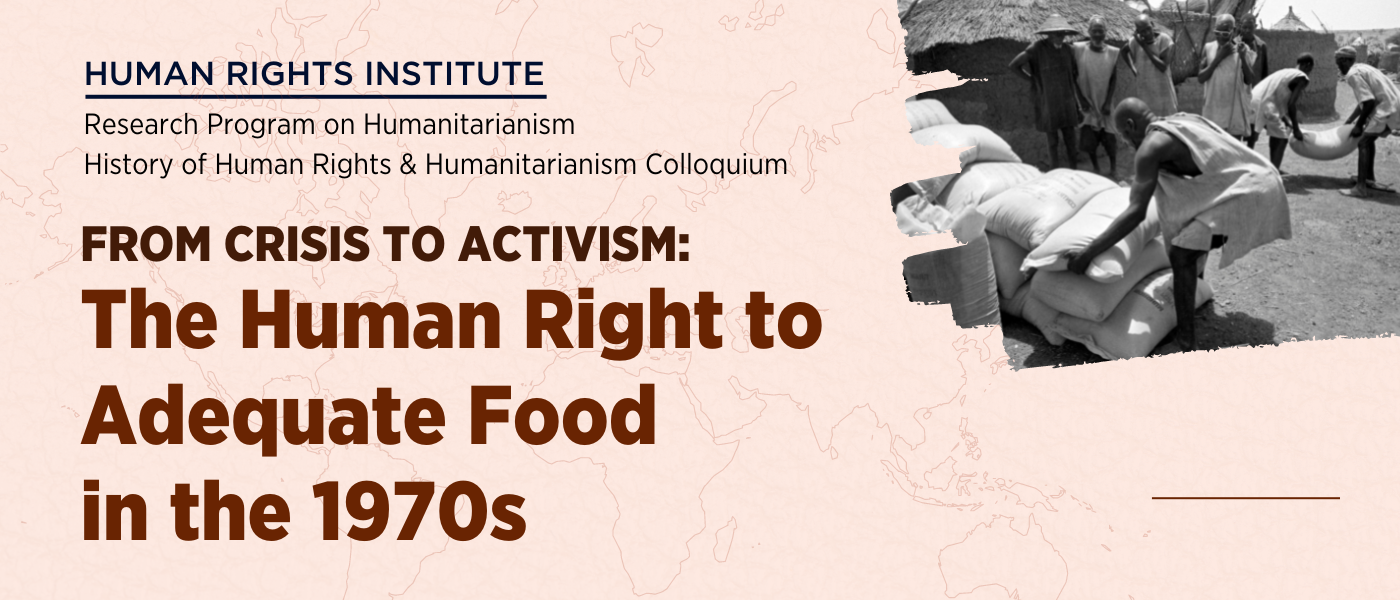
About This Event:
How did the human right to adequate food figure in an intersection of U.S. foreign and domestic politics in the 1970s? This presentation will address the joint history of human rights principles and neoliberal economics in the response of state and non-state actors to global food insecurities. This subject poses questions about the principles and politics that formulated modern concepts of resource distribution and access to the most basic necessities of life.
About The Presenter:
David L Evans is a doctoral candidate in U.S. foreign relations history at the University of Connecticut. His research focuses on the formulation and global politics of economic, social, and cultural human rights, and specifically the human right to adequate food. Prior to pursuing his Ph.D., David earned his B.A. and M.A. degrees at the University of North Carolina Wilmington. Before entering academia, he served eight years in the United States Marine Corps where he deployed to Iraq, Afghanistan, Philippines, and Japan.
Location:
This event will take place in-person in the
Dodd Center for Human Rights, Room 162.
We kindly ask that you register to join us.
The History of Human Rights and Humanitarianism Colloquium is a space for interdisciplinary dialogue on issues that require perspectives and expertise from multiple fields. Contributors represent the fields of history, art history, literature, critical theory, philosophy, political theory, anthropology, sociology, and law.

